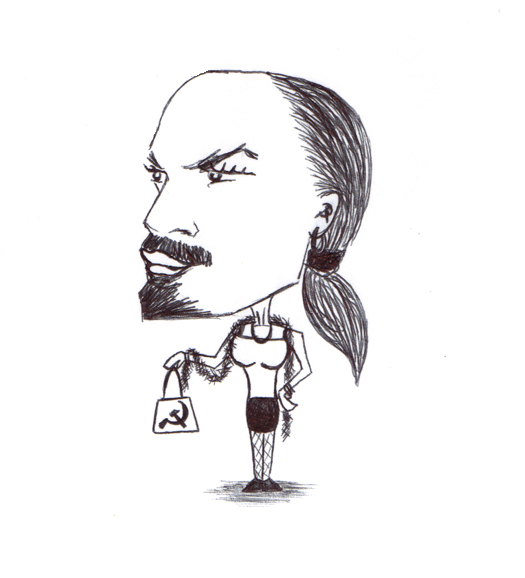commute
collective
Dictatorship of the Consumer
.
.
about
.
general
.
publications
.
articles
.
eastside
.
contact
Originally appeared in Dovetail #2

Browsing through the American Constitution, one might notice that “happiness,” as in the “pursuit of,” is never defined. Thanks to our nation’s economic devices, however, one need look much further than the private business sector, who have developed one for us, all with a subservient culture to boot. From sea to shining sea, from shining set of white teeth to shiny new SUV, consumerism has become both the means and end to happiness in the modern age. This is a direct result of the need to push product, ever present now for any American from childhood. To this point, witness the ill-suited title of the “Happy Meal.”
It’s not that individuals are unfree to determine for themselves what happiness entails; it’s that predominant and constant influences encourage and condition a passive role in the matter. A democratic society, freedom, liberty, and all, is first and foremost reliant on participation in decision-making. That’s just fundamental. When that decision-making process is, to a prevailing degree, reduced to a choice in a grocery store, the control lies solely in the hands of those administering the product. When happiness translates as “he who dies with the most toys wins,” the benefactor then, is not society at large, but rather that private business sector.
This private sector is, for the most part, what public education attempts to condition its students for. The ever present question “What do you want to be when you grow up?” takes precedence over youthful forethought from the earliest age. For assorted reasons, many students fail to apply themselves in these efforts; perhaps it’s vying with the Happy Meal for gray matter. At any rate, those who do acknowledge the fateful inquiry are funneled through a “Career Pathway.” The political consciousness of most is then usurped by the need to invest in the dream of some future employment.
Hence, politics becomes little more than another profession and democracy, simply a job for someone else. New York City’s new billionaire mayor, Michael Bloomberg, himself a product of this sad trend, unintentionally highlighted the point with his recent likening of the position of mayor to that of a corporate CEO.
A myriad of business literature exists purporting that such market place totality is the end all solution for a content public and scientific, technological progress (all to serve capital, and in turn, to be served by it). These writings imagine a place where, in order to serve society, the call is heralded: Go forth and consume!
Then again, perhaps this isn’t the product of an overactive imagination at all, but rather a description of the current recession. Patty Murray’s recent economic stimulus bill was titled, interestingly enough, “Let’s go shopping!” Meanwhile, George W. Bush promises tax cuts and rebate checks will upright the nation via consumer spending (though he seems oblivious to his own economic designs, telling reporters he planned to give his check to charity, adding “It’s something people ought to do!”).
Either frightening or amusing, depending on your level of cynicism, this constantly runs the risk of dressing up Vladimir Lenin’s State doctrine in capitalist drag. All authority wears similar shades of make-up shades: in the communist’s case, citizens must uphold the “dictatorship of the proletariat;” in our case, it is to maintain the “wealth of the economy,” or perhaps, a "dictatorship of the consumer." Either way, imperative human capabilities are circumscribed in order to serve a larger apparatus overseen by a class of “professionals.”
Though it is important to note that greater amounts of personal autonomy have traditionally existed under the Western system and not the other, the point is this: in a free society, repressive authority cannot undertake the outright bluntness of a totalitarian state, no matter how much it would like to (and often times, it would really, really like to). Instead it employs more subtle methods, increasingly harder to acknowledge. This amounts to what are largely inherent and systematic elements of capitalism: in the case of the “wealth of the economy,” it is the need for polarized classes. Thus, we have business’s definition of “happiness,” the constrains of consumerism, permeating throughout popular culture and allowing exclusionary ideologies to reign, albeit indirectly.
Without perpetual, and intense scrutiny, this ever present phenomena just might up and go omnipresent, faster than you can ask, “Did someone say McDonald’s?” That, in the words of capital culture critic Thomas Frank, it may put “itself beyond our power of imagining because it has become our imagination, it has become our power to envision, and describe, and theorize, and resist.” Something under which democracy becomes less of a platform for individual political involvement, means to a healthier society, and more of a superficial private parlor game. Be it ice cream parlor, or a beauty parlor, the real decision-making remains beyond the public’s grasp.